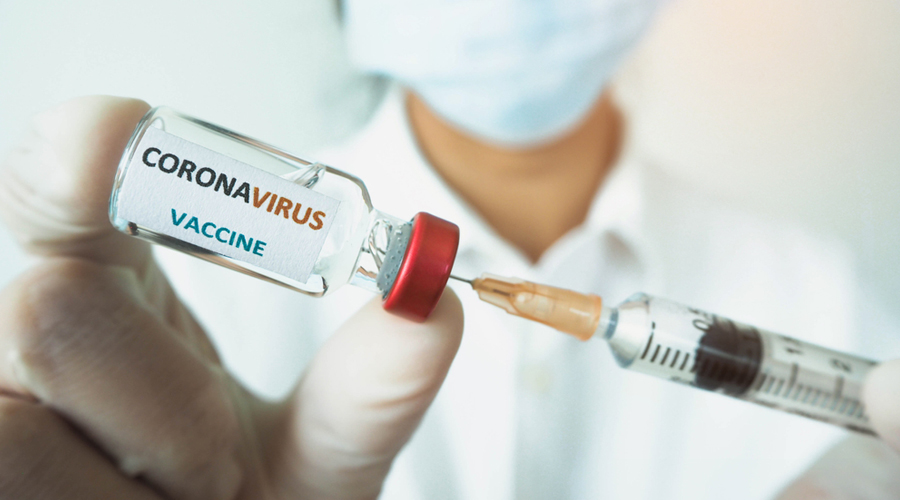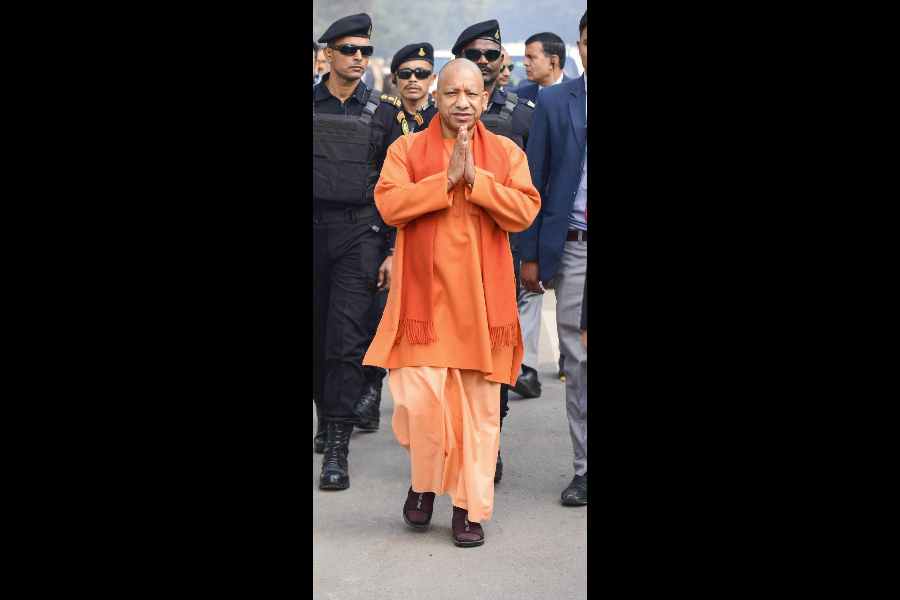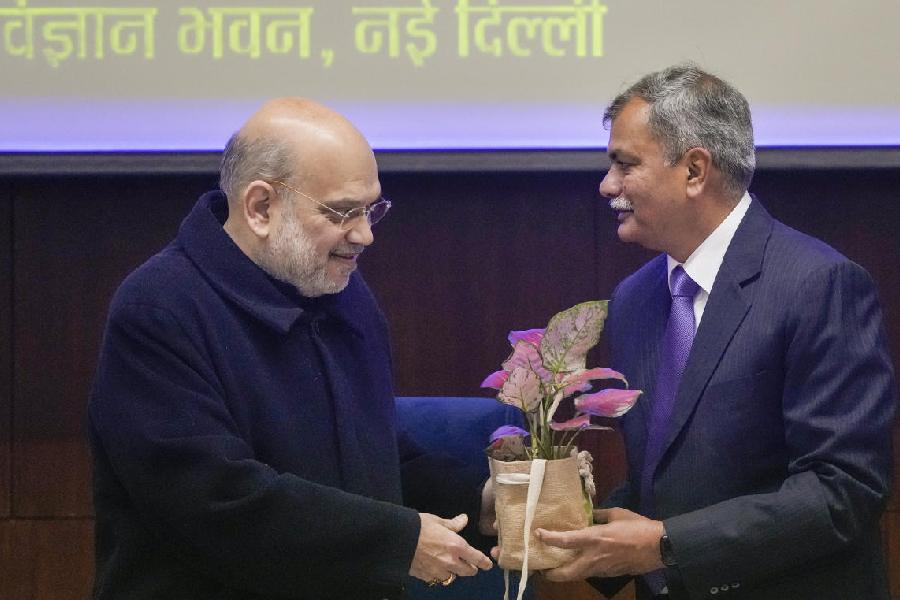Medical officers and other health staff tasked with vaccinating people against Covid-19 will on Saturday conduct a “dry run” in state capitals across India to bolster preparedness and identify the challenges the planned immunisation campaign might encounter.
The Union health ministry said on Thursday that the dry run — designed to test all the major steps in the vaccination process except inviting beneficiaries and actual vaccination — will be conducted in at least three sites in each state capital.
The medical officers designated for the exercise in each capital will identify 25 healthcare workers as mock beneficiaries at each site and upload their details into Co-Win, an application software designed for the Covid-19 vaccination campaign.
Some states have decided to include districts located in difficult terrain with poor logistical support, while Kerala and Maharashtra have announced plans to schedule the dry run in several additional cities along with their capitals.
The health ministry has asked the states to ensure enough space, logistical arrangements, Internet connectivity and electricity and ensure that each site has a “three-room set-up” with a separate entry and exit.
The dry run will also equip the state and Union territory administrations in the management of the vaccine supply, storage and logistics, including the maintenance of low-temperature storage.
Around 96,000 vaccinators have been trained to administer the vaccines.
A key focus during the dry run will be on managing any possible adverse events after the immunisation. Medical experts have underlined that during mass immunisation campaigns, a few recipients can experience adverse events, including potentially serious allergic reactions such as an anaphylactic shock.
The operational guidelines for the vaccination campaign require that medical officers at each site ensure the availability of anaphylactic kits with adrenaline injections that would need to be administered to any recipient who experiences this allergic reaction.
The dry run will also provide an opportunity to health staff to implement infection-control measures at the vaccination sites to prevent them turning into sources of the infection. Andhra Pradesh, Assam, Gujarat and Punjab had conducted dry runs at five sites each earlier this week. The health ministry has said that no major issues were observed during those dry runs.
A national expert group on Covid-19 vaccines has recommended that healthcare workers, frontline workers, people aged above 50, and those below 50 with underlying chronic health disorders be prioritised for the vaccination.
The group has estimated that around 300 million people from these four groups would need to be vaccinated – 10 million healthcare workers, 20 million frontline workers and 270 million people from the other two categories.
A regulatory expert panel examining applications for emergency-use authorisation of Covid-19 vaccines from three companies has called a meeting on Friday.
Health experts tracking the vaccine development efforts believe the AstraZeneca-Oxford vaccine, manufactured in India by the Pune-based Serum Institute, is likely to be the first Covid-19 vaccine approved for use in the country.











